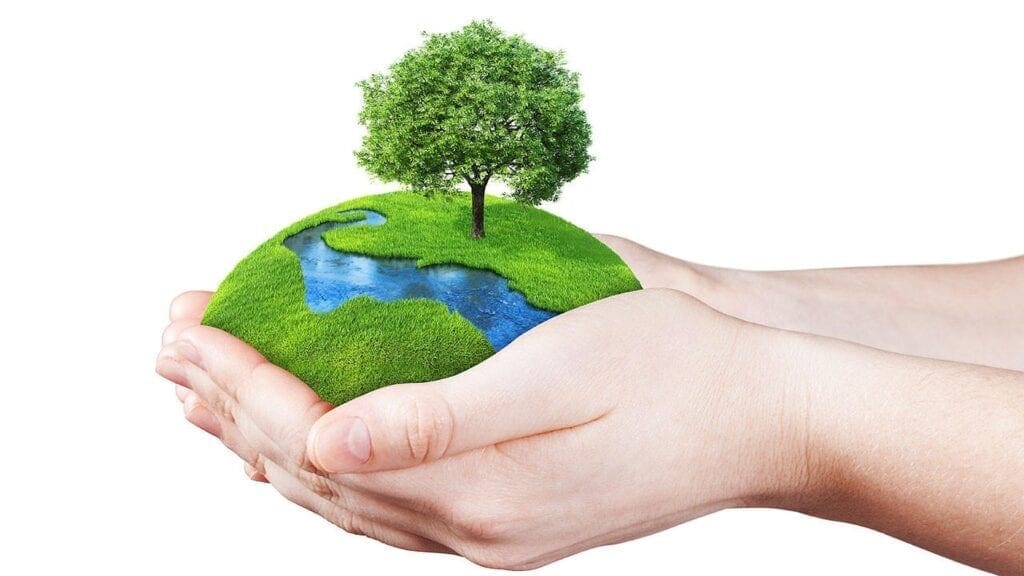
Aksh Kinjawadekar/Pixabay
Earth Day: What It Is and Why It’s Important
Taking care of our Earth is more crucial than ever. Read Maddie’s article about Earth Day.
Today is April 22nd, and you know what that means; the 51st anniversary of Earth Day. Earth Day was founded in 1970 as a day of education about environmental issues. After protests in the 1960s about the negative effects we have on our Earth, Senator Gaylord Nelson was inspired to create an annual day of the year to educate people. That day was named Earth Day. The first Earth Day took place on April 22nd, and has continued every year on that day for 51 years.
When Earth Day was first founded, only a very small amount of people believed in taking action, and that saving our Earth was as urgent of a task as it was. Since then, climate change/global warming has become an issue under the national spotlight. Leaders of some countries have taken action to move their people into a more eco-friendly future. Some have simply denied its importance. Five of the main environmental issues that are extremely damaging are deforestation, air pollution, global warming, water pollution, and natural resource depletion. A lot of these issues are caused by plastic waste, carbon emissions, and selfish decisions on our part as humans.
Depending on the area, and depending on the leader of that area, people’s views on climate change can vary. As of March 1st 2020, the New York State government took a step in attempting to reduce plastic waste by banning the distribution of plastic bags. After a few setbacks and lawsuits, this new rule was officially put into effect on October 19th 2020. Grocery stores would no longer be allowed to give customers plastic bags, but instead recyclable 5 cent paper bags. This law affects anyone required to collect New York State sales tax and bag manufacturers and consumers.
According to the NYC Department of Sanitation, originally in New York City alone, residents would use more than 10 billion single-use carryout bags every year. This racked up to about $12 million annually in disposal costs. Plastic bags are only used on average for 12 minutes before being trashed, whilst on a landfill, they last hundreds or thousands of years. Implementing this ban on bags creates a more environmentally friendly way to shop. Eliminating one of the most-littered items out there, only makes sense when it comes to saving our environment.
As for things we can do to help our environment for our future generations, is to recycle, monitor our carbon footprint, and reduce waste. Carbon emissions are another huge cause of global warming. The fossil fuels that are released every day weaken our ozone layer and make the Earth warmer. Harmful activities such as driving, taking airplanes, industrial smoke, coal mining, and meat production are slowly destroying our planet. Some solutions to those activities are to carpool, turn off light switches when you aren’t in that room, use eco-friendly products, and reduce the amount you waste.
There really is no planet B. Our generation is hopefully the turning point for our Earth. Although small steps have been taken as a whole, each and everyone of us has a duty to help in every way we can. Each and every small change we make in our daily lives can make a bigger difference in the long run. We have the power to change the world for the better and give future generations a strong world to live in.

Maddie is a freshman this year and is new to the Panther Eye. She is eager to start this year and help out writing about a lot of topics.
